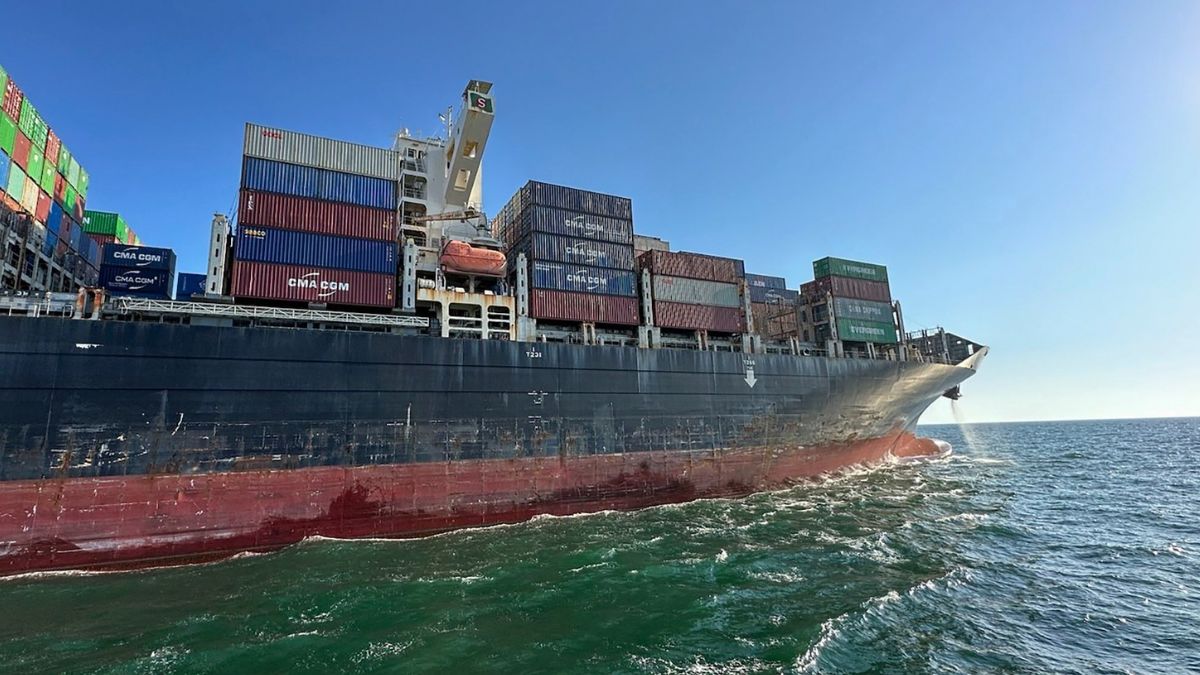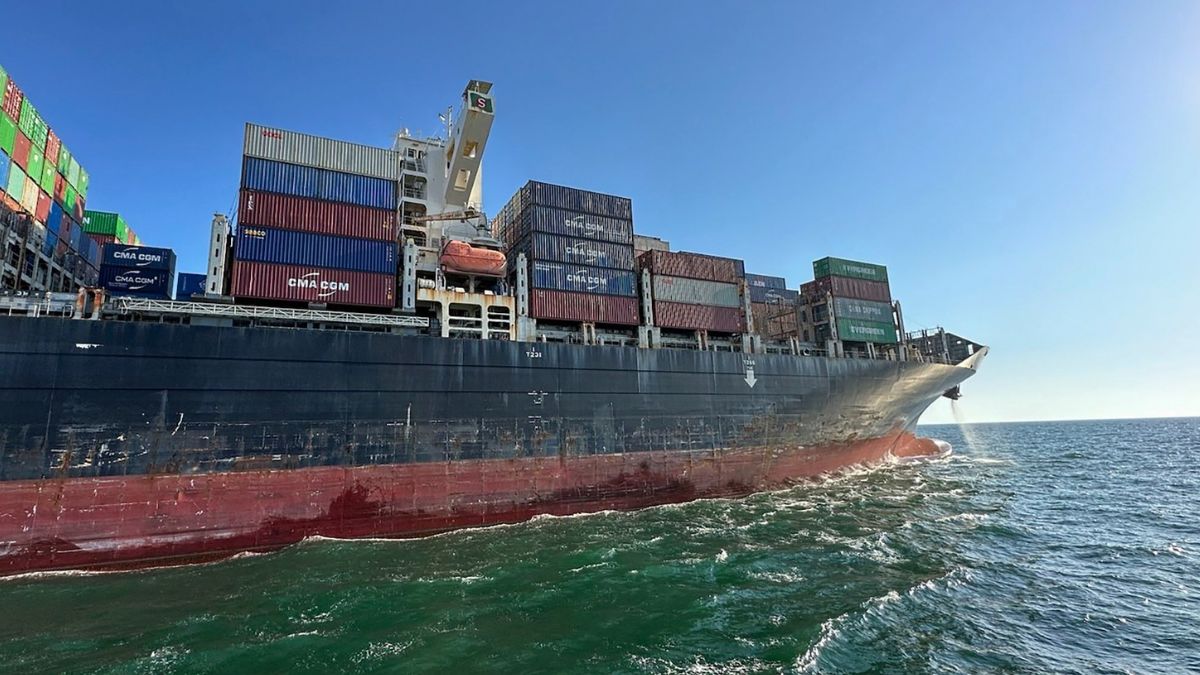India needs to change tack in its quest for membership of the Nuclear Suppliers Group (NSG). Apart from concentrating on China, which had blocked its entry earlier this year, it also needs to focus on the half a dozen or more countries that had reservations over the admission process. The objections of these NSG members to making an exception for India for the second time without laying down a procedure for membership remain a major challenge for Indian negotiators.
New Zealand, Ireland, Switzerland and Austria were among the handful of countries that had called for setting the criteria for admission of countries that had not signed the Nuclear Non-Proliferation Treaty (NPT). Most of them were not opposed to India’s entry but were in favour of drafting guidelines or conditions for membership. India is not a signatory to the NPT.
Though India had blamed China for thwarting its bid at the NSG plenary meeting in June 2016, these countries too had a significant role in ensuring India’s application was not taken up at the meeting. Pakistan’s last minute application for membership to the NSG gave an added cause for their reservations.
India has begun its preparations for the next meeting of the NSG that is likely to take place in late November. The NSG plenary meeting in Seoul had ended with an agreement that a special meeting would be held before the end of the year. It was also decided that Argentinian envoy Rafael Grossi would undertake informal consultations to build consensus on the criteria for admission.
The campaign to muster support within the NSG membership began gathering momentum at the time of the Brics summit in Goa earlier this month. Four of the Brics countries – Russia, China, Brazil and South Africa are members of the Nuclear Supplier’s Group. Russia backed India’s candidature at the Seoul meeting. In keeping with his personalised style of diplomacy, Prime Minister Narendra Modi personally took up the NSG issue in his bilateral meetings with the Brics leaders.
Modi spoke to Brazil’s new President Michel Temer for support at the NSG, but Brazil remained non-committal with Temer merely stating that he “understood” India’s aspiration to be a member of the NSG. There was no positive reference to NSG after Modi’s meeting with South African President Jacob Zuma. Chinese President Xi Jinping assured Modi that the second round of talks between China and India on non-proliferation would be held soon.
China had proposed that the top disarmament and arms control officials of India and China meet to discuss the nuclear issue. The first round of talks was held in late September. At the same time, China is going ahead with its support to Pakistan on its NSG membership. China held a round of arms control discussions with Pakistan in late September just a few days after its talks with India. Following the talks, Beijing had suggested a two-step process to explore a ’non-discriminatory formula’ that would be applicable to all non-NPT states seeking to join the NSG.
New Zealand Prime Minister John Key’s arrival in Delhi on Tuesday evening for a four-day state visit would be another occasion to put forward India’s case. New Zealand is a staunch supporter of nuclear non-proliferation and has been at the forefront of international moves calling for progress towards disarmament. It was a founder of the New Agenda Coalition, comprising Brazil, Egypt, Ireland, Mexico and South Africa that gave a call for a nuclear weapons free world. It also has a strong public movement against nuclear weapons that took strong roots when the US and later France had conducted nuclear tests in the South Pacific region.
Brazil has indicated that though it supported India, it favoured a laid down process for entry. This was on the same lines as other countries that were not in favour of yet another exception being made for India, instead of evolving criteria that would apply to all new members.
India’s diplomatic offensive has to work on parallel processes to convince China as well as the other NSG members querying the admission process. India had misread the signals emanating from several capitals before the Seoul meeting. It had banked on the fact that the 48-member NSG had approved of a special exemption for India in 2008 to allow it access to nuclear technology. In that context, it had underestimated their depth of concern over altering the NSG norms on NPT and not expected it to be a major hindrance to its candidature.
India has to find a way to address the reservations expressed by the NSG members. With Pakistan’s application in the background, backed by China, it would not be an easy task to convince the NSG members to change their stance.


)




)
)
)
)
)
)
)
)